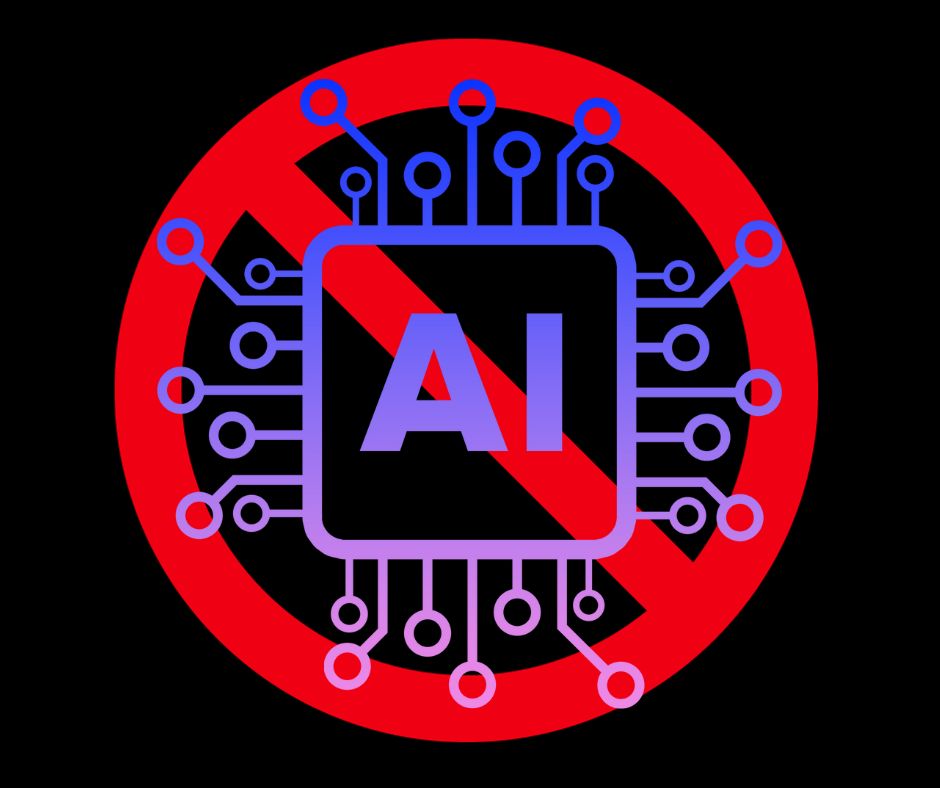Artificial Intelligence (AI) has recently been a rapidly growing concept that many speculate could be the future of technology. With the introduction of AI giant OpenAI’s “ChatGPT,” the safety of these technological advancements is constantly brought into question.
ChatGPT allows users to input any question, statement, topic or concept, and ChatGPT will search the entire web and create a detailed response to the given input. Most of the time, this response is correct, giving users the sense that they can always rely on AI sources to do their work for them.
Although the responses are usually correct, there are also countless cases where the AI machine gives out incorrect information. Since users have already developed this dependency on the machine, they simply trust whatever the device spits back out, even if it is false.
Junior Prajay Gutti reflected on his experiences in class with AI. “My teachers keep stressing the importance of doing your work authentically, without using ChatGPT. I even heard one teacher show their class how ChatGPT doesn’t produce good enough essays compared to something an average student could write,” Gutti explained.
From this heavy reliance on AI machines, educational practices also take a hit.
In many schools, students are guilty of plugging their homework into AI sources, copying the response and pasting it back into their assignments. This process is especially dangerous since many young children use this tool to finish their work faster, and end up not learning the material.
This causes the students to not actually learn the material intended to be taught for the assignment. Over time, this will prove to be dangerous since those who use AI to complete their homework will fail to understand foundational concepts in the future. For example, a student who uses ChatGPT to complete their Algebra 1 homework will have a greater difficulty in understanding and completing Algebra 2 homework in the future.
“I think everything in school builds off of something else,” Gutti stated. “If someone were to not learn a foundational skill, their entire education would be at risk since they don’t have that background information.”
As a response to this danger, President Joe Biden issued an order on the safety of AI to ensure that the platforms truly are safe and reliable.
In this order, President Biden states major risks associated with AI systems and a set of protocols for AI companies to follow. Some of these include “AI systems share their safety test results and other critical information with the U.S. government” and “protect against the risks of using AI to engineer dangerous biological materials.”
President Biden reiterated the importance of having proper regulations on AI systems, especially due to humans’ elementary knowledge on the field.
“AI definitely has a very promising future, and with proper tweaking and regulations, it can help many people on a daily basis,” Rithik Vijaykumar, a junior fascinated with AI, shared. As AI continues to develop and prove to be a greater aid, many companies started to implement AI into their website, services and products. Amazon, Google and Apple, three of the biggest named companies today, are examples of real life applications of AI.
Utilizing AI machines and methods within their company allows them to perform tasks faster, and with greater accuracy and efficiency. This widespread adoption of AI technology has raised concerns about its safety and ethical implications. As AI systems become more sophisticated and autonomous, the potential for unintended consequences and risks has grown; thus the reason for Biden’s new order.









